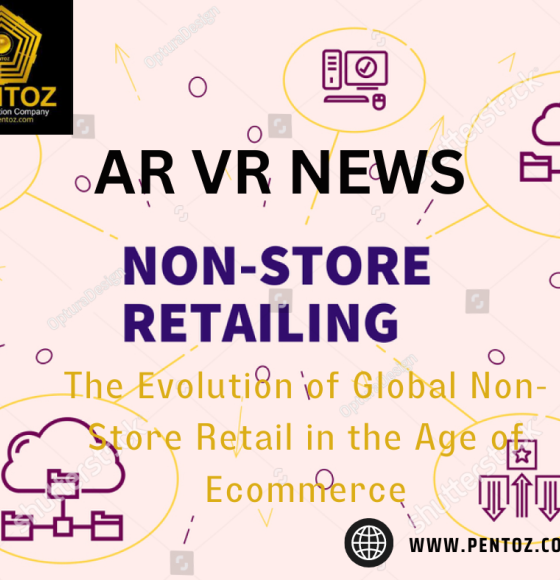Many people are very interested in the topic of the future of e-commerce as technology continues to change the face of international non-store retail. The introduction of the internet completely changed how we shop, and the quick speed of technical development indicates that this tendency will continue.
Ecommerce, or electronic commerce, is the term used to describe the exchange of money and data for the purpose of transacting the buying and selling of goods and services through the internet. The growth of this phenomenon over the last two decades has been exponential, and it shows no indications of abating. In fact, worldwide e-commerce sales are predicted to reach $4.9 trillion by 2021, accounting for 17.5% of all global retail sales, according to a forecast by e Marketer.
The growing use of mobile devices is one of the main factors contributing to this growth. More and more individuals are using their mobile devices for shopping as the cost of smartphones drops and global internet access increases. By 2021, it is anticipated that 72.9% of all e-commerce sales would come from mobile commerce, often known as m-commerce.
The development of artificial intelligence (AI) is a key factor influencing how e-commerce will develop in the future. By delivering individualized shopping experiences, enhancing customer service, and boosting logistics and supply chain operations, AI has the potential to change ecommerce. For instance, using data from a customer’s past browsing and purchases, AI might suggest goods they would like, boosting both sales and customer satisfaction.
The shopping experience can also be improved by combining AI with other technologies like augmented reality (AR) and virtual reality (VR). Customers can experience a virtual ‘try before you purchase’ experience with AR and VR, enabling them to see how a product might appear in their house or how a piece of apparel would fit, without actually going to a store.
Another invention that has the potential to have a big impact on e-commerce is blockchain technology. It can offer a safe and open platform for transactions, lowering the possibility of fraud and boosting client confidence. Additionally, by streamlining supply chain management, firms will find it simpler to trace down and confirm the validity of their items.
Another development to keep an eye on is the growth of social commerce, which refers to the purchasing and selling of items through social media platforms. Shopping capabilities are being progressively included into social media platforms like Facebook, Instagram, and Pinterest, making it simpler for users to find and buy things without leaving the app.
In conclusion, technology will play a significant role in determining the course of e-commerce in the future. The landscape of ecommerce is about to change as a result of variables like the rising usage of mobile devices, AI, the integration of AR and VR, the promise of blockchain technology, and the expansion of social commerce. The way we shop will change along with technology, which bodes well for the future of global non-store retail.

















